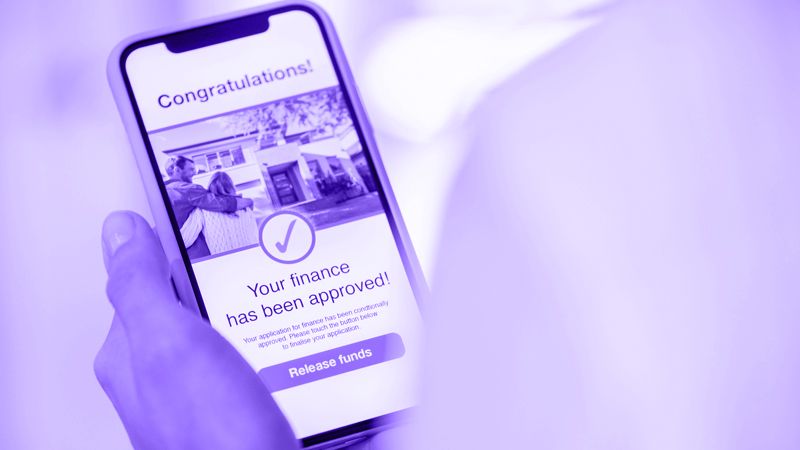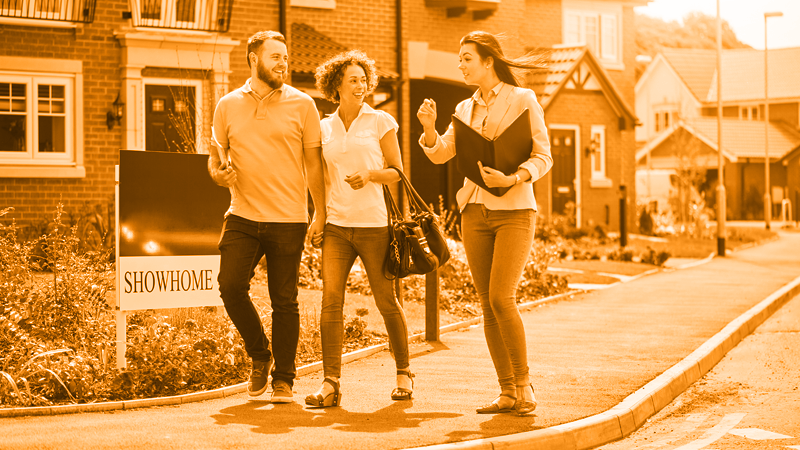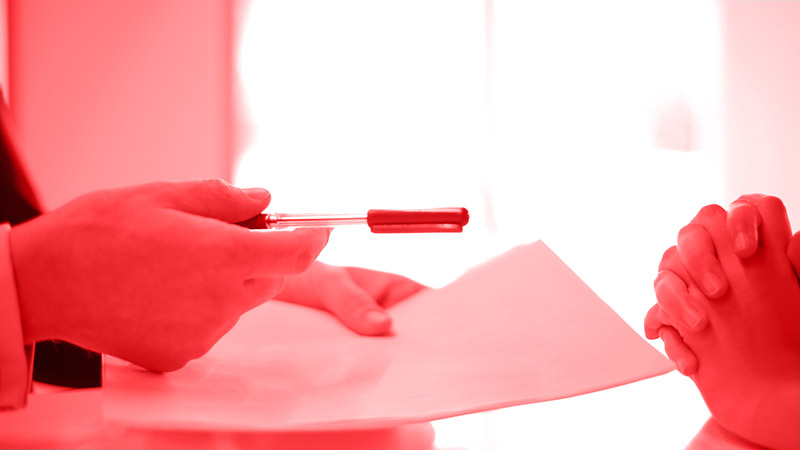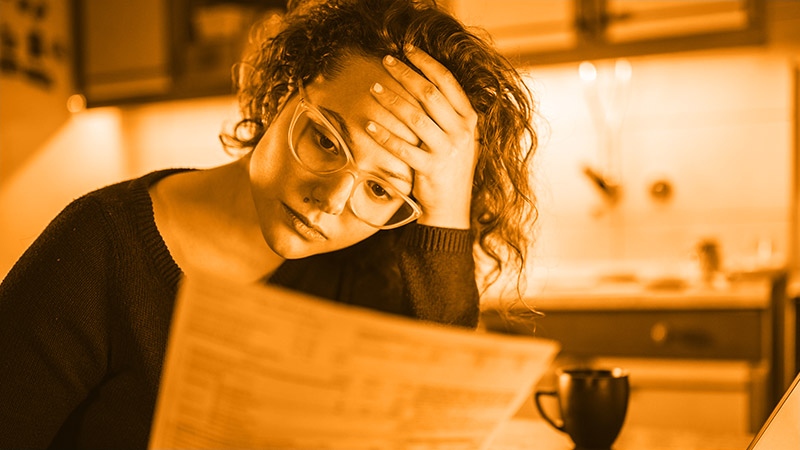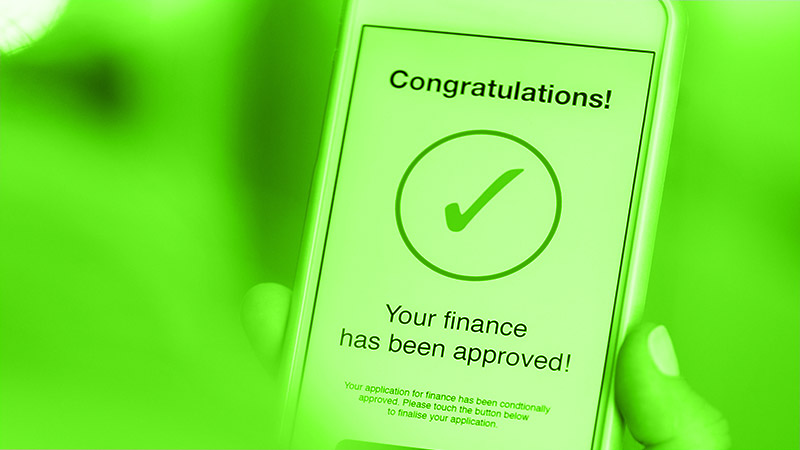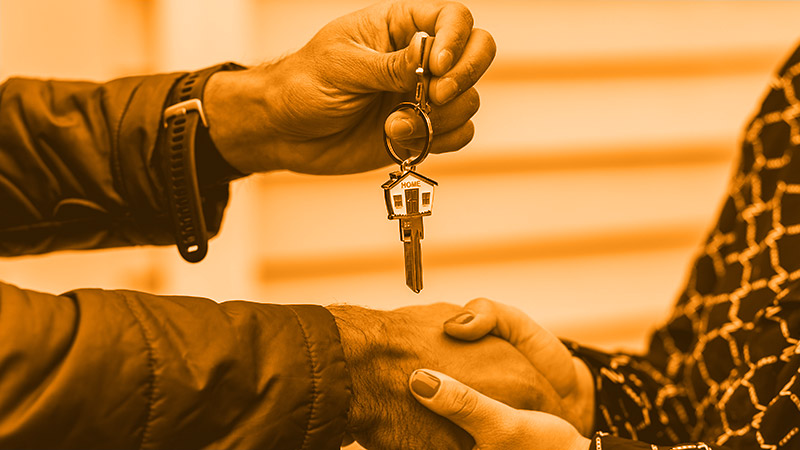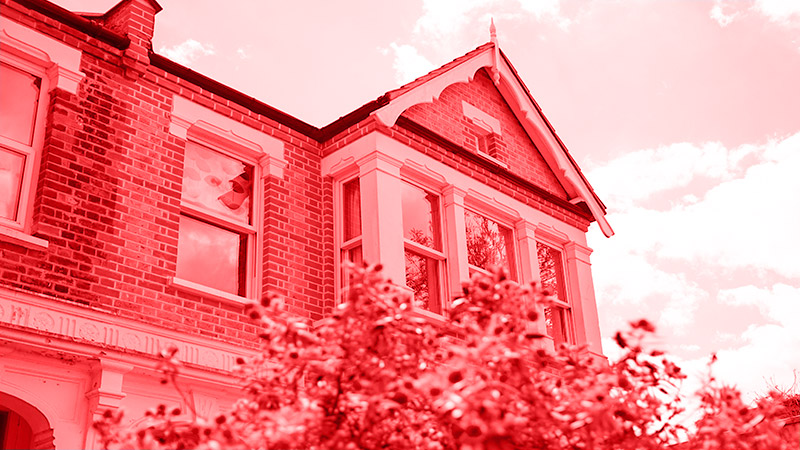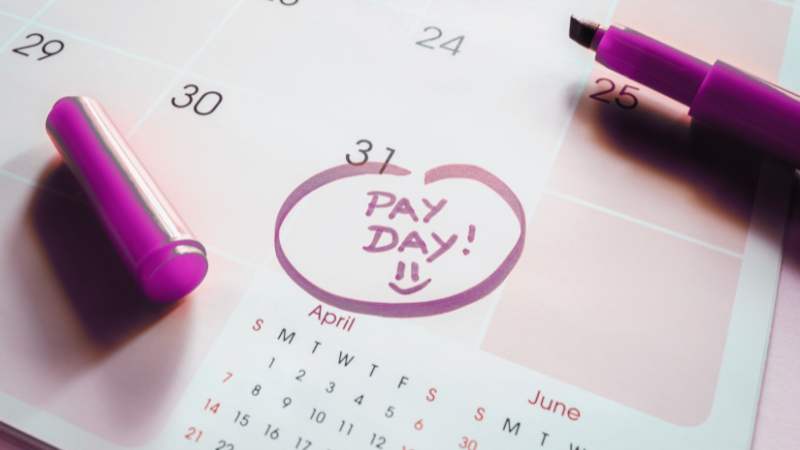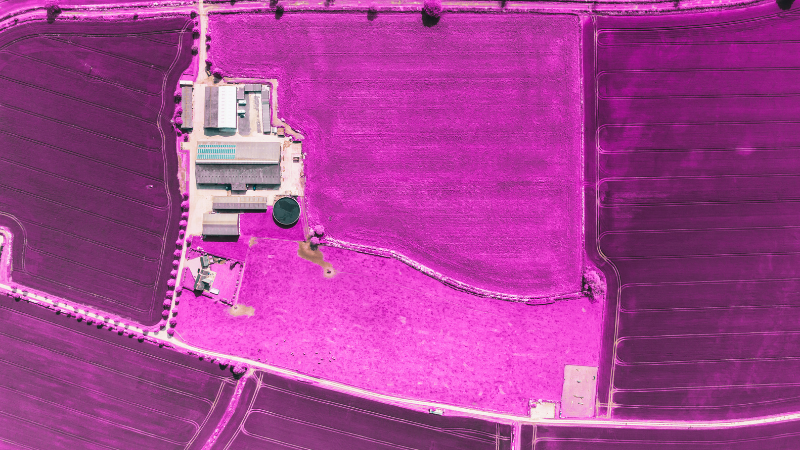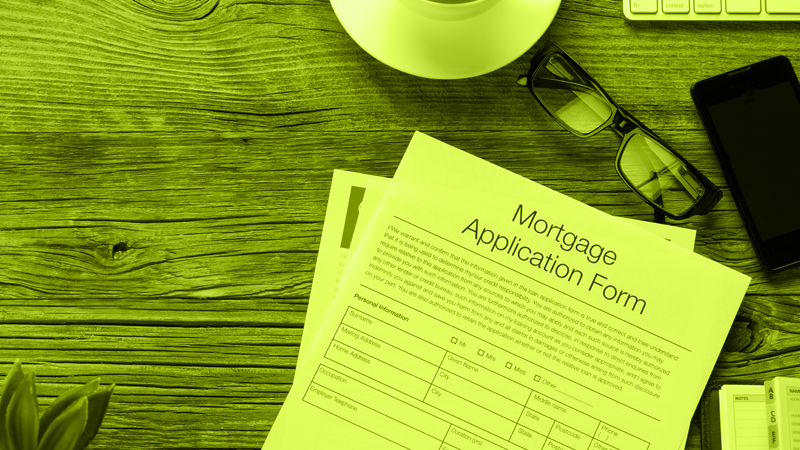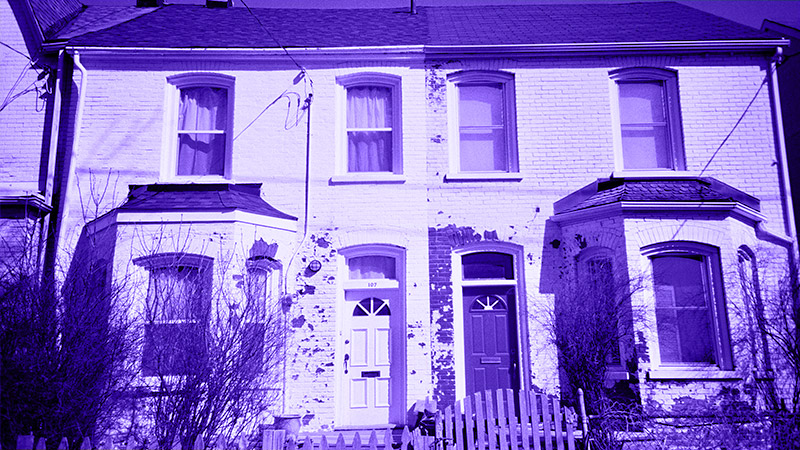When a property is purchased, sometimes the homeowner will not own the land that it is built on.
Therefore, during the process of seeking to purchase a property, it is always best to double-check which basis that the property and land are being sold before committing.
In this guide, we will explore what Freehold and Leasehold mean and the differences in relation to ownership.
What is the difference between Freehold and Leasehold?
The differences between Freehold and Leasehold are the type of ownership of the land that a property is situated on.
- Leasehold – Leasehold is the arrangement of owning the property only and not the land that it sits on. A lease is then put in place between the freeholder or landlord and the leaseholder, enabling the use of the property for a fixed period of time. Although lease durations vary typically leases are either 99, 125, 500 or 999 years long.
One term of possessing a leasehold will commonly involve payment of ground rent. At the end of the lease period, the ownership reverts back to the freeholder. This type of ownership is common on shared properties such as flats.
A lease determines any enforcement covenants, the rights of way and access granted on the land, any repair and maintenance covenants along with details of ground rent.
- Freehold – With a Freehold status, both the land and property are owned outright and there are no time limits applied. Typically, most houses are sold Freehold, however, new builds may be Freehold or Leasehold and therefore it is worth checking.
Need more help? Check our quick help guides:
- Reasons why a mortgage could be declined on affordability.
- How reliable is a mortgage in principle?
- How do joint mortgages work?
- Can you get a mortgage on a fixed-term contract?
Is it Worth Buying the Freehold of a House?
For houses, it’s usually worth purchasing the Freehold should this come available. The benefits of owning the Freehold of a property include; gaining more control of the property, such as deciding how much to spend on maintaining the property, and which suppliers to use, instead of paying ongoing ground rent leasing costs.
In addition to control, there is also independence from any landlords. Anyone who has had issues with a landlord in the past may see this as the biggest benefit!
However, if the property is a flat there are a number of considerations to explore before purchasing the Freehold, such as the responsibility of communal areas and facilities.
In addition, there is the complex issue that one flat owner cannot purchase the freehold of just one flat, everyone in the building would need to agree to buy an appropriate share of the overall freehold.
Shared services such as maintenance and insurance would need to be paid for and therefore there would need to be a process set up to establish the fair distribution of cost, collection of everyone’s contribution of the charges and competitive suppliers to undertake the services.
Eligibility of Buying the Freehold of a House
The Leasehold Reform Act 1967 Legislation, otherwise known as the ‘1967 Act’ gives leaseholders the right to buy the freehold of a property, however, there are a few requirements needed to be eligible to purchase the Freehold of a Leasehold property. To be eligible to buy a Freehold, the current lease must not be a commercial lease and have a duration of at least 21 years.
There are also eligibility criteria on the property itself as follows:
- If the property is split into flats, it must contain at least two flats
- At least 2/3rds should be owned on a leasehold basis (or both, if only two flats)
- The property also must not be part of a charitable housing trust, National Trust or cathedral precinct
Should the Leaseholder and property meet the eligibility criteria, the process of valuing the Freehold would need to be undertaken, known as Collective Enfranchisement or Freehold Enfranchisement.
Costs of Buying the Freehold of a House
The cost of a Freehold will be calculated using three factors as follows:
- The current value of the property
- The cost of the annual ground rent
- The years remaining on the current lease
The 1967 act aims to ensure a fair trade of the lease from the Freeholder to the Leaseholder however the rules of valuing a Freehold have evolved throughout various amendments made to the 1967 Act and is fairly complex to undertake without the help of professional solicitors and surveyors.
There are two valuation methods of valuing the property under the 1967 Act as follows:
- Original Valuation – The property will be valued based on the original value of the site. Properties valued under this method will need to meet the value limits and the lease would need to qualify the original low-rest test. (See Section 9, 1 of the 1967 Act).
- Special Valuation – Should the property not meet the criteria of the original valuation then it would be valued in the Special Valuation Basis, using a marriage value. (See Section 9, 1A/C of the 1967 Act). A marriage value is an increase in the market value of a property following the lease extension. When purchasing a Freehold, 50% of the marriage value is added on top of the cost of the Freehold.
Related guides:
- Mortgage 5 times salary.
- Can you get a mortgage on land?
- Refurbishment mortgages.
- Part and part mortgages.
- HMO mortgages.
The valuation method cannot be chosen and will be dictated by the qualification criteria only.
As you can imagine, the valuation process is rather complicated and therefore often requires the input of professionals, however, there are freehold cost calculators available online which may provide an estimate of the costs involved with purchasing a specific Freehold.
Other costs applicable when purchasing a Freehold include the necessary legal fees, property valuation fees, stamp duty and any Freeholder’s fees.
Leases and Mortgage Lenders
Mortgage lenders ideally like there to be at least 50 years remaining on a lease following the end of the mortgage term.
For example, if a chosen mortgage term is 30 years, the lender would often require a minimum of 80 years left on a lease. Lease lengths may be extended by agreement with the Freeholder and will often involve additional costs plus legal fees.
Is it worth buying the freehold of a house summary
There are benefits to owning the Freehold of a property, including control of the maintenance costs, however, the process can be rather complicated from valuation through to any negotiations between the Freeholder and Leaseholder, and therefore it is highly recommended that advice and support are sought from professionals throughout the process.
Call us today on 03330 90 60 30 or feel free to contact us. One of our advisors will be happy to talk through all of your options with you.

